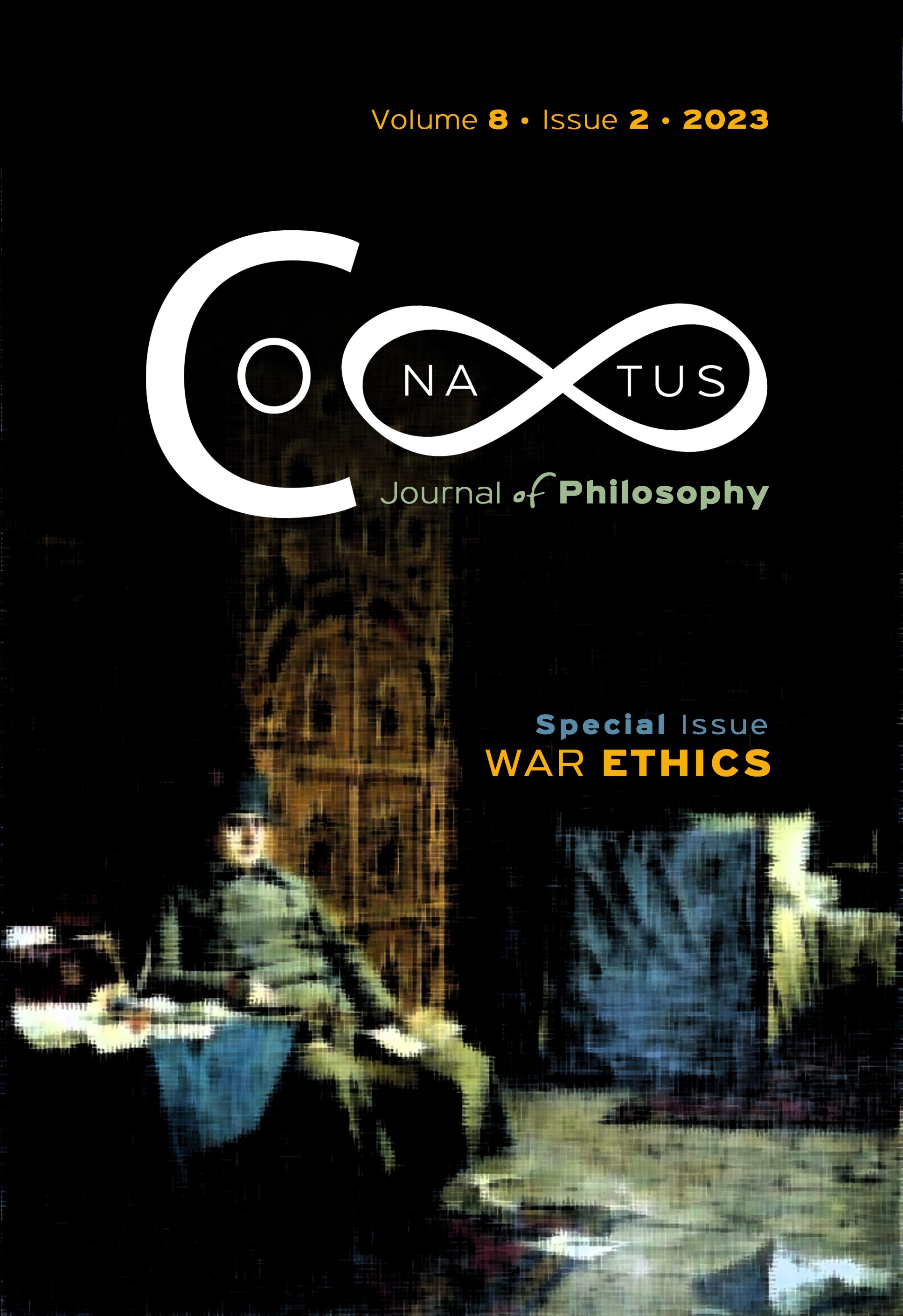Suspending Voluntary Reserve Service: New Questions in Israeli Military Ethics

Abstract
Military activities with the framework of the IDF [Israel Defense Force] is carried out by citizens in a variety of positions. In addition to the ordinary positions of career officers and NCOs, the IDF consists of conscripted men and women as well as reservists. Some of the latter serve under an ordinary command to serve for a certain relatively short period. Other reservists, including pilots and special forces officers have served since they volunteered to serve. Facing the political clash between the government, who have been viewed as trying to change the democratic nature of the state, and the popular opposition, who have tried to protect the judiciary and other elements of democracy, many officers who belong to the latter reservist group have suspended their voluntary service or even retired. Their decision has raised the obvious issue of whether such decisions can be justified, morally, ethically, and democratically. This is the topic of the present paper.
Article Details
- How to Cite
-
Kasher, A. (2023). Suspending Voluntary Reserve Service: New Questions in Israeli Military Ethics. Conatus - Journal of Philosophy, 8(2), 241–256. https://doi.org/10.12681/cjp.35404
- Section
- Articles
- Categories

This work is licensed under a Creative Commons Attribution-NonCommercial 4.0 International License.
Authors who publish with this journal agree to the following terms:
Authors retain copyright and grant the journal right of first publication with the work simultaneously licensed under a Creative Commons Attribution Non-Commercial International License (CC BY-NC 4.0) that allows others to share the work with an acknowledgement of the work's authorship and initial publication in this journal.
Authors are able to enter into separate, additional contractual arrangements for the non-exclusive distribution of the journal's published version of the work (e.g. post it to an institutional repository or publish it in a book), with an acknowledgement of its initial publication in this journal.
Authors are permitted and encouraged to post their work online (preferably in institutional repositories or on their website) prior to and during the submission process, as it can lead to productive exchanges, as well as earlier and greater citation of published work.





